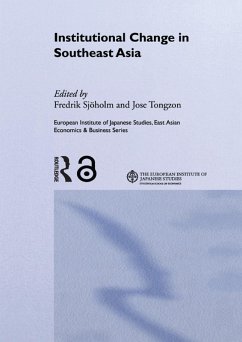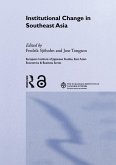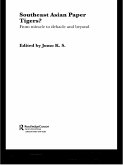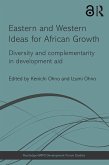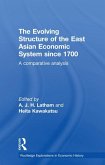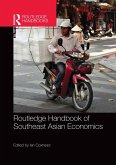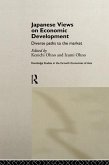"Institutional Change in Southeast Asia" examines the institutional changes taking place in, and challenges facing, the region since 1997. The book focuses on determinants to the adjustments and on implementations of the reforms. It also describes various differences in the reform process between countries in the region. Southeast Asia's economic development over the last decades has been impressive.
Most of the region achieved consistently high growth rates accompanied by significant structural transformation and industrialization, poverty alleviation and improvements in their overall standard of living as indicated by such social indicators as greater longevity, more widespread delivery of basic education and lower infant mortality rates. However, the crisis that struck Southeast Asia in 1997 had severe economic, social and political consequences in the region. It also threw into doubt the future economic prosperity of the countries in Southeast Asia and raised intriguing questions about the quality of their institutions and their approach to economic development.
Sjoholm and Tongzon argue that the economies of Southeast Asia need to reform their institutions if the previous rapid development is to continue. The institutional weaknesses have been addressed to different degrees and with different success in the affected countries. Against the backdrop of Southeast Asia's importance in the world economy, it is hardly possible to overestimate the need to understand this process of change.
Most of the region achieved consistently high growth rates accompanied by significant structural transformation and industrialization, poverty alleviation and improvements in their overall standard of living as indicated by such social indicators as greater longevity, more widespread delivery of basic education and lower infant mortality rates. However, the crisis that struck Southeast Asia in 1997 had severe economic, social and political consequences in the region. It also threw into doubt the future economic prosperity of the countries in Southeast Asia and raised intriguing questions about the quality of their institutions and their approach to economic development.
Sjoholm and Tongzon argue that the economies of Southeast Asia need to reform their institutions if the previous rapid development is to continue. The institutional weaknesses have been addressed to different degrees and with different success in the affected countries. Against the backdrop of Southeast Asia's importance in the world economy, it is hardly possible to overestimate the need to understand this process of change.
Dieser Download kann aus rechtlichen Gründen nur mit Rechnungsadresse in A, B, BG, CY, CZ, D, DK, EW, E, FIN, F, GR, HR, H, IRL, I, LT, L, LR, M, NL, PL, P, R, S, SLO, SK ausgeliefert werden.

